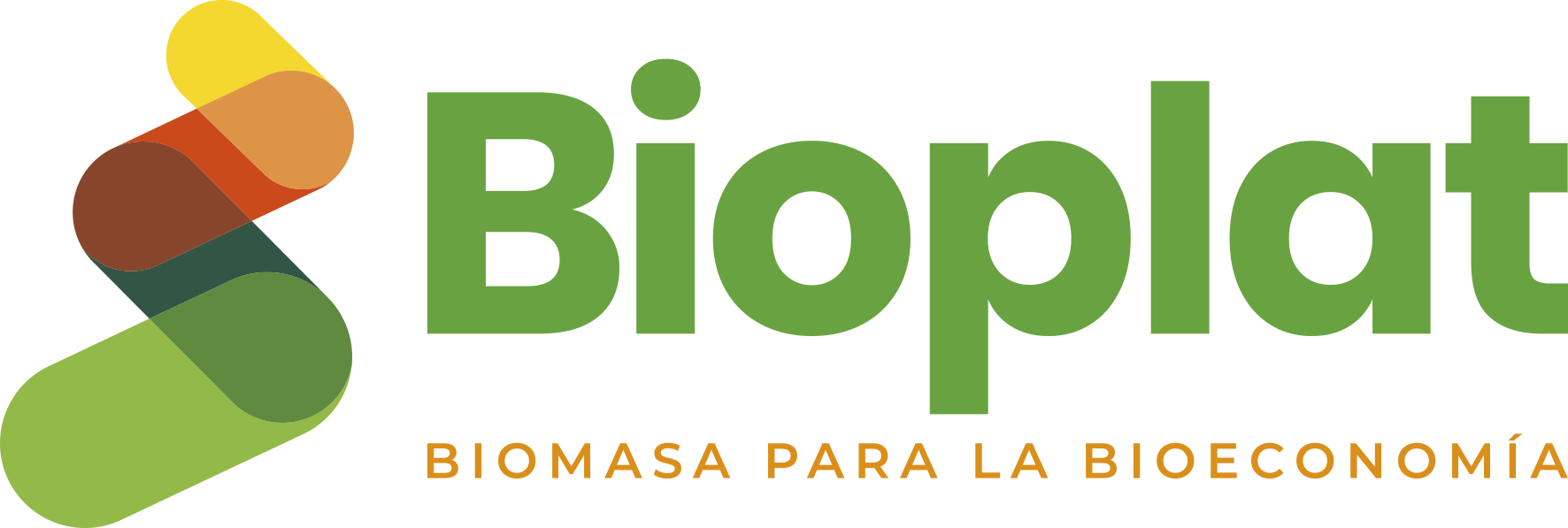17 Feb 2016
Europe finally gets a heating and cooling strategy
Heating and cooling consumes half of the energy consumption in Europe.
Luckily the European commission has created a the EU strategy on heating and cooling published the 16/02/2016.
Heating and cooling consumes half of the energy in Europe and much of it is wasted. Therefore the European Commission has elaborated a strategy in order to prioritize the efficiency and sustainability in the heating and cooling system in the EU. This strategy was created to diminish the energy dependence in the union, reduce the cost in the heating and cooling system and reach the commitments created in the COP21.
The objective with this strategy is then to integrate an efficient heating and cooling systems in the European energy policy that will stop the energy losses in buildings, and will integrate it the electrical system. The solutions for this strategy are going to be presented shortly in the European regulation.
In the strategy it is indicated that 50% of the final energy consumption in 2012 was present in the heating and cooling which becomes the biggest energy sector in EU. From this sector 45% was consumed in the residential sector, 37% in the industrial and 18% in services.
The European commission considers that all the sectors have the potential to reduce there termal demands, increase its efficiency and replace fossil fuels into renewable energy (solar, biomass and geothermal). The document analyzes the technical and economical problems in the implementation of thermal energy in the industrial processes and the rehabilitation of the heating and cooling systems in buildings. The strategy also considers the implementation of the heating and cooling system in the electrical sector, the usage of renewable energies, cogeneration and intelligent buildings.
Finally the strategy describes the tools and solution needed to implement in order to change the system. It is concluded that the heating and cooling market has to be located locally, regionally or nationally according to a European regulation. Further the European commission invites the member states to :
- Educate the consumers about the importance of the energy efficiency .
- Implement energy auditories in enterprises.
- Support local and regional actors to improve their ability to finance the necessary investments by grouping individual projects into larger investments (initiatives such as the ELENA Fund, Smart Cities and Communities and the New Covenant of Mayors for Climate and Energy).
Also the Commission wants to improve the Energy performance certificates and reinforce their signals for renewable energy by :
- Developing a toolbox of measures to facilitate renovation in multi-apartment buildings.
- Promoting proven energy efficiency models for publicly owned educational buildings and hospitals.
- Using inspections of boilers to provide information on the efficiency of existing heating and cooling systems.
- Facilitating the market uptake of voluntary certification schemes for non-residential buildings.
Another goal of this strategy is to promote heating and cooling system with renewable energies in order to replace the boilers using fossil fuels. The Commission also wants to integrate the renewable energies into the heating and cooling system in urban areas with cogeneration.
 In the innovation plan the Commission wants to incorporate into the SET-Plan the results from the sectoral round tables with industry , promote the renewable heating through cogeneration, determine new approaches for the industrial heating of low temperature and develop new materials. Under the ‘Smart Finance for Smart Buildings’ initiative the Commission wants to facilitate the aggregation of small projects into investible packages, in order to incorporate impacts of energy efficiency in everyday market practice.
In the innovation plan the Commission wants to incorporate into the SET-Plan the results from the sectoral round tables with industry , promote the renewable heating through cogeneration, determine new approaches for the industrial heating of low temperature and develop new materials. Under the ‘Smart Finance for Smart Buildings’ initiative the Commission wants to facilitate the aggregation of small projects into investible packages, in order to incorporate impacts of energy efficiency in everyday market practice.
Even though we would have preferred the strategy to be more overwhelming in the integration of renewable energies into the edification and the industry sectors we are very happy for the fact that fossil fuels are being discussed by the EU for the heating and cooling system. After this strategy we are relieved to know that our work in the promotion of biomass as an alternative, efficient energy resource is going to be viable.
As always, BIOPLAT is at your disposal for anything needed.
All the documentation about the strategy is explained below:
- EU Strategy for Heating and Cooling
- Staff working document (Part 1 | Part 2)
More information here.
 Update: the European Biomass Association (AEBIOM) has published a joint statement, together with other European renewable heating and cooling associations: EU Heating and Cooling Strategy: Industry and local authorities join voices to request structural reforms in revised climate and energy legislation.
Update: the European Biomass Association (AEBIOM) has published a joint statement, together with other European renewable heating and cooling associations: EU Heating and Cooling Strategy: Industry and local authorities join voices to request structural reforms in revised climate and energy legislation.


